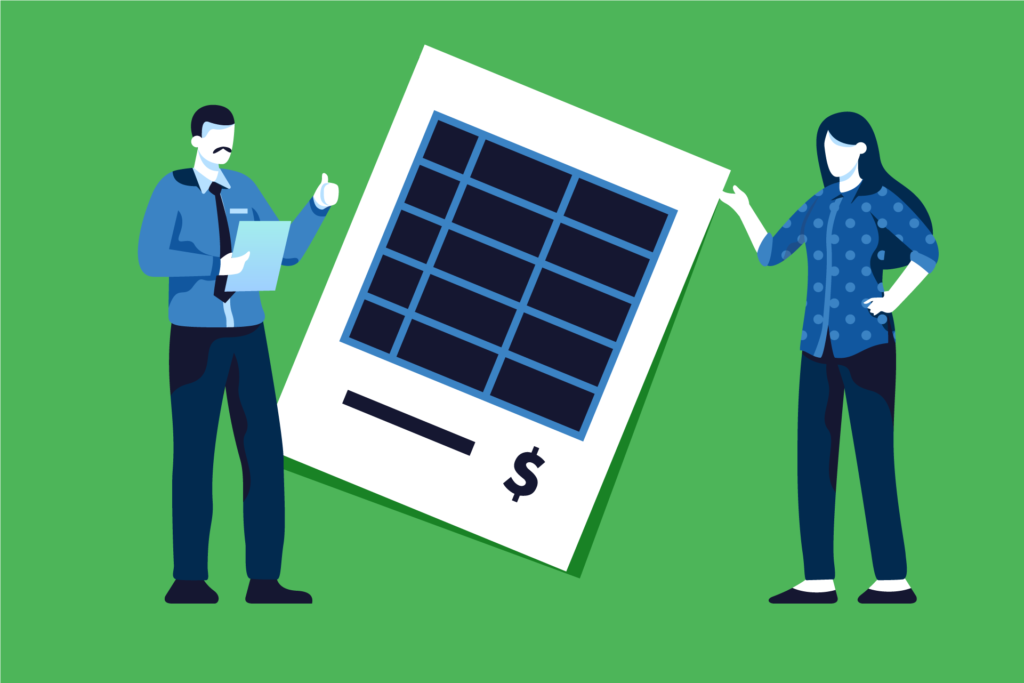
Invoice financing allows small business owners to turn unpaid, outstanding invoices into ready cash for their business.
Cash flow is king when you are operating a small business, but any small business owner will tell you that having consistent and predictable cash flow is anything but simple and straightforward.
Small businesses, particularly those started by first-time entrepreneurs, regularly bump into trouble getting traditional financing. According to the Small Business Administration, nearly 80% of the businesses that full inside of five years say that an inability to get the financing they needed was a major cause behind their decision to shutter their business forever.
Thankfully, modern and nontraditional financing options – like invoice factoring – provide small business owners an opportunity to leverage one of their most valuable assets into predictable and consistent cash flow to build, to grow, and to leverage new opportunities.
What Exactly Is Invoice Factoring, Anyway?
While invoice factoring isn’t specifically a loan in the traditional sense, it is a form of financing – a secured form of financing, at that.
This is a straightforward process whereupon a business owner sells the invoices that they have to a factoring company. In exchange, the factoring company provides a lump sum of cash that can be used to build and grow a business however the small business owner sees fit.
In this exchange, the factoring company becomes the owner of the invoices that they have purchased – getting paid directly from the customers that had these invoices outstanding (usually inside of between 30 and 90 days).
This is a popular form of financing for small business owners because it not only helps them get quick cash when they need it most (rather than waiting between 30 and 90 days for customers to pay these invoices), but also because they do not have to worry about having sterling silver credit scores, credit history, or even any real credit at all!
The invoices themselves act as a security for these kinds of financing packages, making them attractive to both entrepreneurs and the lenders that provide them.
Quick Invoice Factoring Example
Let’s say that you own a local manufacturing organization, and a customer purchases $10,000 worth of merchandise from you with a payment period of 30 days after the invoice has been received.
Instead of waiting up to 30 days for your $10,000 you instead turn around and sell that $10,000 invoice to a factoring company, and let’s say that the company has a 3% fee charge across the board.
Let’s also say that the factoring company provides 85% of invoice values upfront (less this fee, of course). That means you receive $8245 upfront as soon as you decided to move forward with factoring organization, with another $1455 in cash sent your way when the invoice has been paid to the factoring company from your customer.
Pros and Cons of Invoice Factoring
Pros
- Almost instant cash flow for your company to use how you see fit
- Working capital you can use to cover expenses and to leverage new opportunities
- More predictable cash flow than what you might get with variable payment terms with customers
- Almost effortless approval thanks to the security provided by your invoices
- No real collateral needs to be provided upfront to lockdown these financing packages
Cons
- Invoice factoring can get very expensive in a hurry, particularly if you haven’t closely read the fine print to discover any of the potential hidden fees that can be tacked on to these packages
- You do lose some direct control over your invoicing, as the factoring company has the option to contact/collect on the invoices directly while cutting you out entirely
- A factoring company may look to verify the overall credit worthiness of the clients and customers you have outstanding invoices with to determine that these invoices are worth purchasing themselves
- If a factoring company cannot successfully collect on your invoices they may have an opportunity to compel you to purchase the invoices back or replace them with one of greater or even equal value
Invoice Factoring FAQ
Are invoice factoring and invoice financing any different?
The major difference between these two forms of financing is that you maintain a lot of control over your invoices with one option (invoice financing) but have to repay the entirety of that loan upfront – plus interest – just like you would with a traditional loan package.
Invoice financing is usually a better option for businesses that are looking to maintain as much control as possible, while factoring works better for those that don’t mind giving up a little bit of control for a lot more flexibility in the funding they receive.
Is invoice factoring a legitimate loan service?
As we highlighted above, factoring isn’t technically a loan but instead a form of financing – but we can tell you that it is in fact a 100% legitimate financial service you can take advantage of, provided you have verified that the lender you’re working with is 100% legitimate as well.
Will my credit score matter when leveraging factoring services?
Your credit history and your credit score may be a small part of whether or not you are approved for financing with this type of package, but the overwhelming majority of factoring companies are going to be much more interested in the amount of invoices you have available as well as the amount of those individual invoices themselves.
As long as you are making sales and bringing in new invoices your odds of being able to leverage these kinds of financial packages shoot right through the roof.
Get a Quote
Get a FREE quote now! All you need to do is provide your details below application form.
